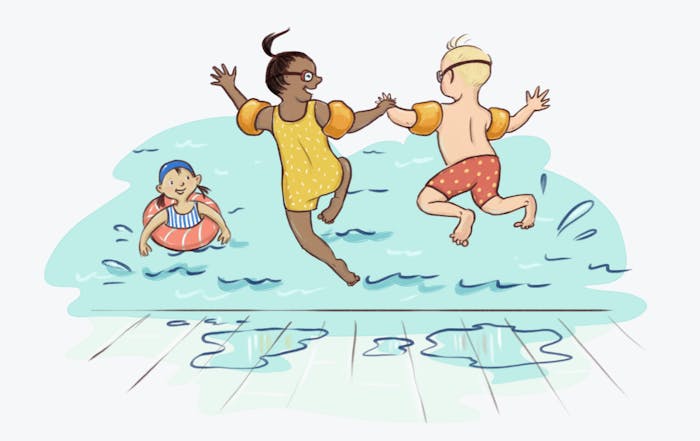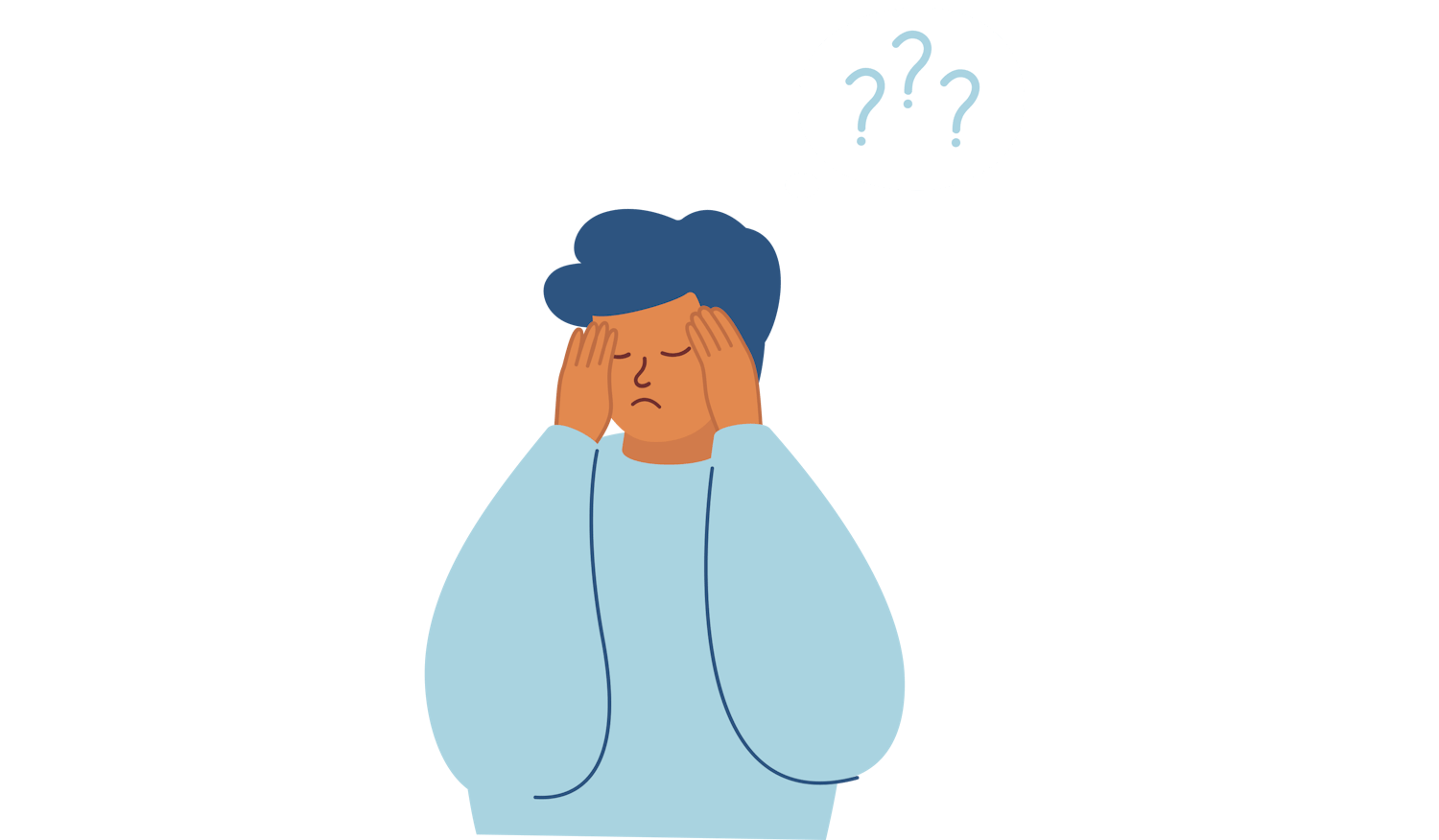Legal repercussions
If you commit violence in a relationship it can end with the police being called. Physical assault, sexual assault, threats, property damage, violations of child welfare law, and fraud all fall under the police definition of domestic violence. It does not matter where the violence takes place, but rather how the perpetrator and the victim are connected. This is why domestic violence is also called intimate partner violence.
The first intervention of authorities
The police make a visit and call a detective to the scene who continues the investigation. If you or your partner do not understand Icelandic an interpreter is brought in.
Child protection and social services
- If there are children in the home, staff from the child protection agency and social services go to the location.
- If the children are connected to the inhabitants, a social worker goes to the location and the child protection agency is notified.
- If no children are registered at the home the inhabitants are offered support from social services.
Investigation at the scene
The police will either order you to leave the scene or arrest you. Injuries and property damage at the scene are photographed if applicable. The victim and witnesses are interviewed. The police can continue to investigate the incident or request that a restraining order is placed on you even if the victim withdraws charges or does not want to assist with the investigation.
You have the right to a defence lawyer who can be present during questioning by police. If a restraining order was filed or expulsion from the home was ordered you will be informed of what that entails. In some cases, a written declaration is made where you agree to the same rules of a restraining order or expulsion. The declaration does not have legal consequences but if you break the rules, a restraining order or expulsion can be filed against you.
Follow-up
Police
You can expect the police to call you and encourage you to seek support through programs such as Heimilisfriður or Taktu skrefið. If you want to seek help you are eligible to receive financial support.
Social services
If necessary, the social services will visit, accompanied by the police, to check home conditions and the state of the people in the home. The victim is interviewed and examined for new injuries. If you still live in the home, you will also be interviewed. If you received a restraining order or were evicted, authorities will investigate whether it was respected.
Child protection services
If there are children in the home, the child protection services will be involved in the case to ensure the children’s safety and provide them with support. Child protection is responsible for investigating the environment and wellbeing of children in domestic violence case, that is partly done by talking to all family members. Child protection services will summon you to an interview where the domestic violence and state of the family will be reviewed in order to determine the appropriate response and support.
Most common support measures are:
- Support for the abuser to attend specialised psychological treatment that addresses violent behaviour, such as at Heimilisfriður.
- Support for the victim to attend psychological counselling.
- Psychological counselling for children where they receive education and support due to domestic violence.
- Family or couples counselling with a family counsellor.
Case outcome
When the police investigate a case it can conclude in two ways:
1. The case is dismissed
The police can stop an investigation if there is no basis to continue it. If the police conclude the investigation and forward the case the accuser can drop the case if they consider the evidence insufficient or the case unlikely to result in a conviction.
2. Charge
If your case is considered likely to lead to a conviction then a formal charge is issued. Then you are required to appear before the district court and stand trial. After the court procedure, a sentence is issued. That can be an acquittal or a conviction. A conviction for domestic violence can be a suspended sentence or a prison sentence and compensation.






